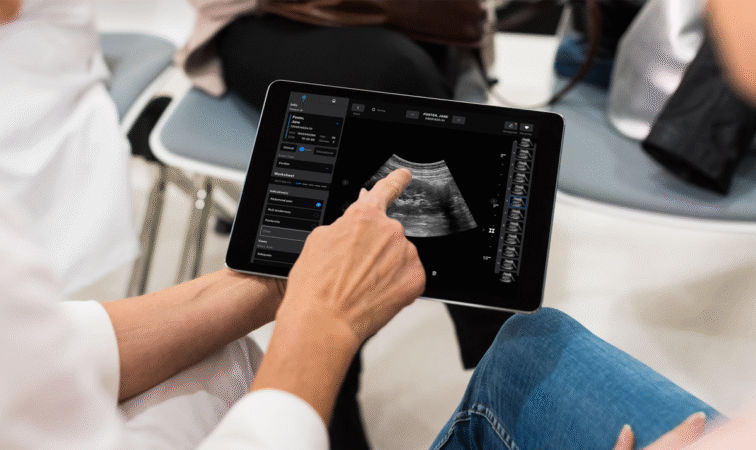Top Highlights
-
Investment Opportunity: Samsung’s venture investment unit is poised to invest up to $100 million in the California-based medical device startup, Exo, led by Sands Capital, Bold Capital, and Qubit Health Capital.
-
Innovative Technology: Founded in 2015, Exo specializes in handheld medical imaging devices that integrate AI and smartphone technology for efficient ultrasound examinations.
-
Substantial Funding: Exo has raised over $320 million to date, with a recent $220 million Series C round in 2021 from notable investors including Intel and Sony.
- Strategic Partnerships: Exo is exploring a partnership with Samsung Medison Co. to enhance ultrasound diagnostics and digital imaging solutions.
The Growing Landscape of Medical Imaging
Recently, Samsung’s venture capital unit expressed interest in a significant investment in Exo, a California-based medical device startup. Reports indicate that this funding round may reach up to $100 million. Exo, founded in 2015, has garnered attention for its innovative handheld medical imaging devices. These devices blend artificial intelligence with ultrasound technology, making diagnostic processes far simpler and more efficient. With such advancements, medical professionals can conduct examinations, document findings, and share reports directly via an app linked to a smartphone.
Exo has already raised over $320 million in various funding rounds, showcasing the confidence investors have in its potential. The collaboration with established firms like Sands Capital and Intel underscores the startup’s strong market position. This investment could help propel Exo into a new phase of growth, positioning it as a leader in medical imaging innovation.
The Path to Widespread Adoption
Collaboration between Exo and Samsung Medison Co. offers promising implications for the healthcare industry. Samsung Medison specializes in ultrasound diagnostics, aligning perfectly with Exo’s technological advancements. This partnership can facilitate the development of more integrated, user-friendly medical devices that improve patient outcomes.
However, the practical adoption of these devices in clinical settings remains a key consideration. Healthcare models must adapt to integrate such advanced technology effectively. Real-world testing and deployment will be crucial to determine their impact on patient care. If successful, these innovations could enhance diagnostic capabilities, making healthcare access more equitable and efficient. Thus, as the market for medical imaging continues to evolve, we stand on the cusp of a new era in patient diagnostics that could significantly benefit humanity.
Discover More Technology Insights
Stay informed on the revolutionary breakthroughs in Quantum Computing research.
Discover archived knowledge and digital history on the Internet Archive.
TechV1

